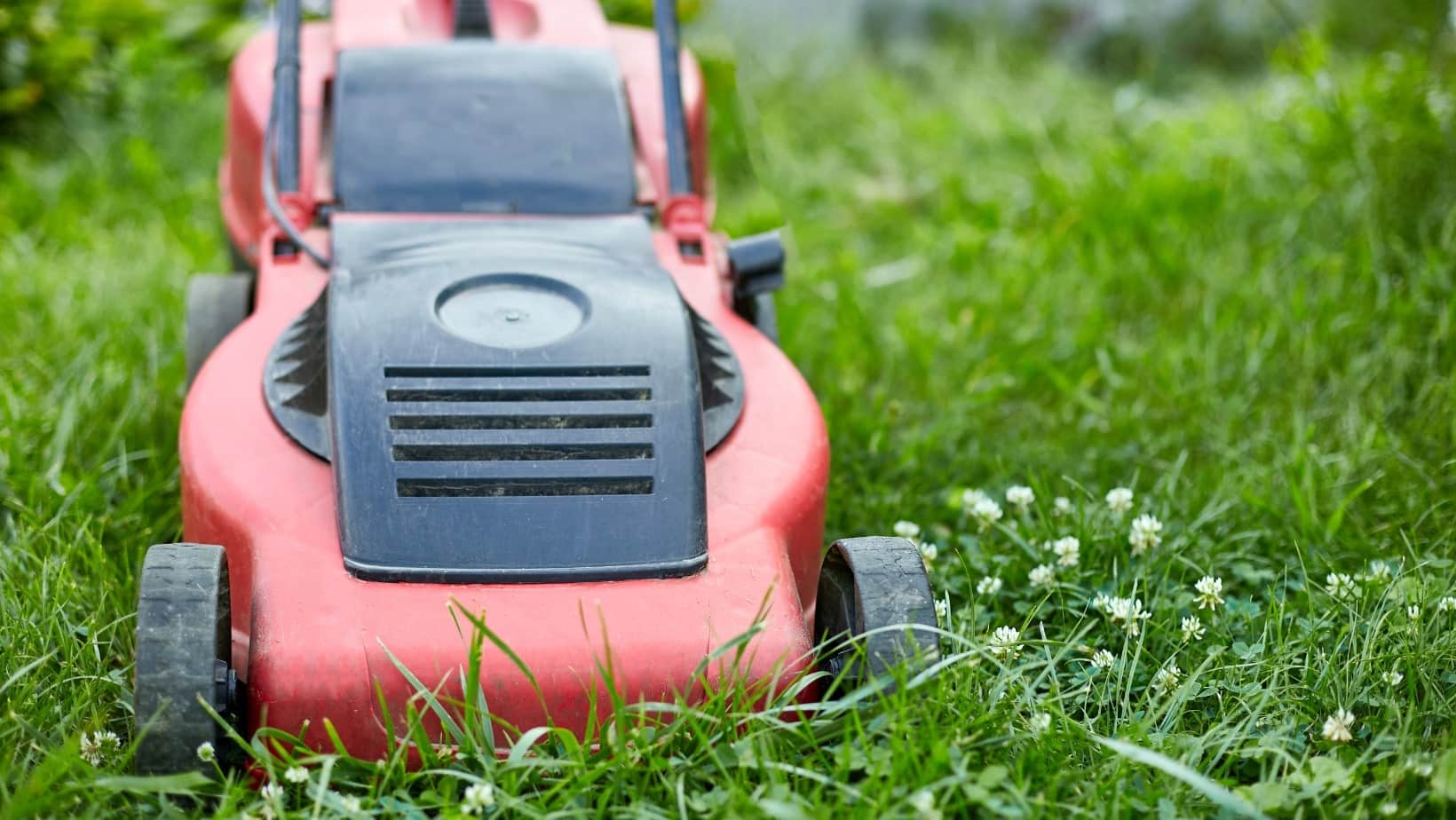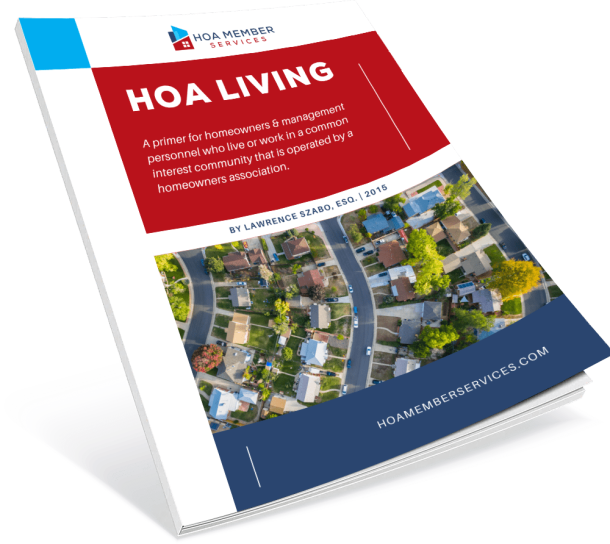Imagine you get home after a long day, ready to relax, only to find a notice from your HOA stuck to your door. It’s not a friendly neighborhood reminder — it’s a fine.
The reason? Your trash can stayed out a little too long, or maybe the flowers you planted don’t meet community standards. Frustrating, right? But here’s the real question: Are HOA fines enforceable, or are they just hollow threats wrapped in legal jargon?
Well, it depends — on the rules laid out in your HOA’s governing documents, your state’s laws, and even the process your HOA followed in issuing the fine.
In this article, we’ll dig into when an HOA fine is legally valid. We’ll talk about how far their authority actually goes, when a fine crosses the line, and what you can do if you think your HOA is out of bounds. So let’s get started.

What Are HOA Fines, and Why Do They Exist?
Homeowners’ associations (HOAs) play a crucial role in preserving the beauty and harmony of neighborhoods. They establish rules to maintain certain standards, ensuring that property values stay high and the community remains visually appealing.
From keeping sidewalks clean to regulating the colors of houses, these guidelines are designed to enhance the neighborhood’s attractiveness for everyone. But what happens when someone doesn’t follow the rules? That’s where fines come into play.
HOA fines are monetary penalties imposed when homeowners fail to adhere to these standards. These fines serve more than just a punitive purpose; they act as a means of rule enforcement to promote compliance and maintain order. Think of them as gentle, though sometimes expensive, reminders to help keep the neighborhood’s charm intact.
Common Violations and Everyday Examples
HOA fines often come into play for violations that may seem minor but can significantly impact the community. For example, parking your car in the wrong spot overnight could result in a fine. Other frequent violations that might lead to penalties? Failing to mow your lawn or allowing weeds to overgrow.
While these rules may appear overly meticulous, they are in place to prevent a single neglected property from diminishing the overall curb appeal of the community.
Consider a scenario where your neighbor decides to paint their house neon green without the HOA’s approval. While it may express their individuality, it could also clash with the neighborhood’s aesthetic and negatively affect everyone’s property value.
This is why HOAs enforce such regulations — and fines are often the incentive homeowners need to comply.

The Legal Backbone of HOAs
So, what gives your HOA the authority to dictate how tall your grass can be or to fine you for leaving your trash cans out too long? It all boils down to a mix of the governing documents and state laws that homeowners often overlook — until an issue arises.
What Gives HOAs Their Power?
The key to an HOA’s authority lies in a little-known but comprehensive document called the Covenants, Conditions & Restrictions (CC&Rs). Think of it as the neighborhood’s constitution, quietly hidden among the stack of paperwork you signed when purchasing your home.
By agreeing to these terms, you essentially entered into a contract — one that empowers the HOA and binds you to its regulations. Unlike typical contracts, CC&Rs function at a community level, creating a network of shared responsibilities and rights.
If this feels unsettling, remember: the HOA isn’t some distant corporation — it’s made up of your neighbors. In theory, they’re simply enforcing rules to uphold property values and community harmony.
But here’s the catch: these documents are enforceable by law, meaning they’re not just friendly suggestions. Ignoring them could result in liens or even foreclosure.
The Role of State Laws
While governing documents lay the groundwork, state laws provide the structural framework that dictates what homeowners associations can and cannot do. For instance, in some states, HOAs have broad authority to impose fines, while in others, their powers are more limited. These laws serve as a referee, keeping the HOA in check — at least in theory.
Here’s an interesting fact: two identical fines for the same “violation” might be enforceable in one state and illegal in another. This is because some states require fines to be “reasonable,” while others impose dollar limits.
In California, for example, an HOA can’t just impose a fine without first giving a written warning and an opportunity to appeal. Meanwhile, in Texas, HOAs have significantly more authority.
This legal patchwork can make HOA governance feel like a chess game, where knowing the rules of your state is the only way to win.
Can a Homeowners Association Impose Fines?
Yes, your HOA can impose fines, but it’s not as straightforward as them simply handing out penalties whenever they choose. There are specific rules they must adhere to, and knowing these can help you avoid unnecessary stress (and expenses).
Let’s explore the details of when and how an HOA can enforce fines, what they need to demonstrate, and what could happen if you choose to ignore their requests.
When Can an HOA Enforce Fines?
Homeowners associations don’t have unlimited authority to fine homeowners. They must meet certain criteria, and if they fail to do so, their fines may not be valid. Here’s what needs to occur:
- The fine must align with HOA rules and CC&Rs: This is essential. Every HOA has governing documents that specify what is permissible and what isn’t. If your supposed violation isn’t mentioned in those rules, the HOA cannot impose fines for it. For instance, if the CC&Rs don’t clearly state anything about how long your holiday lights can remain up, a fine for “excessive decorations” may not be enforceable.
- Homeowners must be informed and given a chance to contest the fine: No violation notice? No fine. HOAs are obligated to inform you about the violation and provide you with an opportunity to present your side of the story. It’s akin to a mini court process — except instead of a judge, you’re likely facing the HOA board members. If they overlook this step, that fine would already be on unstable ground.
- The fine amount must be reasonable: HOAs can’t just impose an outrageous fine and call it a day. Most state laws and HOA bylaws require fines to be fair. What does that entail? It varies, but a $500 fine for leaving your trash bin out overnight is likely excessive. If you believe the fine is unreasonable, you may have grounds to challenge it.

Can an HOA Fine You Without Proof?
No, they can’t just accuse you without backing it up. An HOA must have evidence to support the fine, whether that’s a photo of your overgrown lawn or records showing repeated rule violations.
Without proof, their claims don’t carry much weight. So, if they’re trying to fine you for something vague, like “general untidiness,” don’t be afraid to push back and ask for specific evidence.
Can an HOA Fine You for Backyard Rule Violations?
Unfortunately, yes, an HOA can fine you for backyard rule violations if the rules are spelled out in the community’s governing documents. HOAs often have rules about things like backyard maintenance, fencing, or even how you landscape. If you’re breaking those rules, the HOA is within its rights to fine you.
That means the overgrown hedge you’ve been avoiding or the funky shed you put up without approval could end up costing you. It’s always worth double-checking the community guidelines before making changes to your yard.

What Happens If You Ignore HOA Fines?
Ignoring HOA fines might seem like the easy way out — until it isn’t. Here’s what could happen if you decide to let those fines pile up:
- Interest and late fees could be added: A $50 fine could turn into $100 or more if your HOA starts tacking on penalties for non-payment. They might also charge interest, making it harder to settle the balance later.
- The HOA could place a lien on your property: This is one of the most serious consequences. A lien means the HOA has a legal claim against your property. If you try to sell or refinance, that lien has to be resolved first — usually by paying off the debt.
- Legal action might follow: In extreme cases, the HOA could take you to court if the monetary penalties aren’t paid. This isn’t just a headache; it’s expensive. Between attorney fees and court costs, you could end up paying way more than the original fine.
When HOA Fines Might Be Unenforceable
Let’s be honest — fines can feel frustrating, especially if you don’t think they’re fair. But here’s the thing: not all fines are enforceable. There are certain situations where you, as a homeowner, might have a legitimate reason to push back.
Let’s have a look at a few examples where HOA fines might not hold up legally:
1. Rules That Don’t Play Fair
If HOA is trying to enforce rules that are unclear, vaguely written, or applied selectively, their case might fall apart. For example, if your HOA has a rule about maintaining “neat landscaping,” but no one knows what “neat” actually means, enforcing a fine becomes tricky.
Even worse, if some neighbors get a pass for the same thing you’re fined for, that inconsistency could make the rule legally unenforceable. Fairness matters, and courts often side with homeowners when HOAs can’t play by their own rules.
2. When the HOA Oversteps Its Bounds
As mentioned earlier, HOA authority doesn’t override state law. While some homeowners associations get a little too bold, imposing fines that go way beyond their legal limits, they don’t have unlimited power. They’re bound by state laws and their own governing documents.
If a fine breaks state laws or goes beyond what the HOA is legally allowed to enforce, it’s unenforceable. For example, some states cap how much an HOA can fine you, or they might restrict fines for certain types of infractions. If your fine crosses those lines, the HOA may simply be making empty threats.
3. You Weren’t Given a Fair Chance
Proper advance notice and due process aren’t just fancy legal phrases — they’re basic rights. If your HOA didn’t give you a clear violation notice or skipped the step of letting you explain your side, their fine might not hold water.
Imagine getting hit with a penalty without even knowing what you did wrong or having the opportunity to dispute it. That’s unacceptable. Many states require HOAs to follow due process — things like sending written warnings and allowing hearings before issuing fines. If they skip these steps, they’re likely the ones in violation.

How to Fight HOA Fines
Sometimes, getting hit with an HOA fine can be quite annoying and unfair, but you don’t have to just roll over and accept it. If you believe the fine isn’t justified or was issued incorrectly, you have options to push back.
Here’s how to take control of the situation and fight HOA fines like a pro:
1. Know all the Rules and Regulations
Start by digging into your HOA’s governing documents — those lengthy Covenants, Conditions & Restrictions (CC&Rs), bylaws, and other HOA rules. These documents are your playbook for understanding what the HOA can and can’t do.
If they’ve fined you for breaking a rule you’ve never seen, it’s time to investigate whether the fine is based on a clear violation of a documented rule. If it’s not, you’re already ahead.
Sometimes, an HOA board relies on vague interpretations of rules. Don’t let them intimidate you into compliance if the fine isn’t clearly justified.
2. Request Details
A vague notice isn’t enough; ask for specifics! Reach out to the HOA and request a written explanation of why you were fined. They should provide evidence of the alleged violation — photos, timestamps, or whatever else they’re basing their decision on.
Also, make sure they followed their own procedures. Did they notify you within the required timeframe? Did they give you a chance to address the issue before issuing a fine? If they skipped any steps, you might have grounds to challenge it.
3. Gather Your Evidence
Evidence is your armor. Once you know what you’re dealing with, it’s time to build your case. Take photos, save receipts, and collect any documents that support your argument.
For example, if you’re fined for landscaping violations but have proof that your yard is in compliance with HOA guidelines, that’s gold. Or maybe you believe the fine is unreasonable — your evidence can help show why. The more you document, the stronger your defense will be.
4. Write a Dispute Letter
Now, it’s time to get your argument down on paper. In a calm and firm tone, draft a formal letter to the HOA. Think of this as your chance to be both professional and persuasive.
Point out why the fine is unfair or unenforceable, referencing specific rules or state laws. Include procedural missteps, if any exist. A well-written letter can sometimes resolve the issue without further escalation.
5. Attend a Hearing
Many HOAs have a process in place for disputes, often involving a hearing or board meeting. Take advantage of this opportunity to present your case. Show up prepared, with your evidence in hand.
Stay calm, respectful, and focused — it’s your chance to tell your side of the story and demonstrate why the fine should be overturned. Remember to be polite but firm; nothing derails a power play faster than someone who knows their rights and won’t back down.
6. Escalate if Necessary
If the HOA refuses to budge, don’t give up just yet. You can escalate the issue by filing a complaint with your state’s HOA regulatory agency if one exists. Another option is mediation or arbitration, which can sometimes resolve disputes without dragging things into court.
And if the fine is particularly large or they’re threatening a lien on your property, consulting an HOA attorney might be a smart move. A lawyer can help you understand your rights and, if needed, take legal action. Sometimes, the mere mention of legal action is enough to make them reconsider.
7. Know When to Settle
Let’s face it — fighting can be exhausting. If the fine is minor and the fight could drag on, take a step back and weigh the cost of compliance against the effort to challenge it. Is fighting the fine worth the time, effort, and potential expense?
Sometimes, the cost of fighting a fine outweighs the benefits, and it’s easier to pay up, especially for smaller fines, and move on. That said, if the HOA is acting unfairly or setting a bad precedent, standing your ground might be worth it. The key is to make the choice that works best for your situation.
Frequently Asked Questions (FAQs)
- What does an “enforceable” HOA fine mean? An enforceable HOA fine means that the fine is legally binding and can be upheld in court if necessary. The homeowner association (HOA) must follow state laws, the community’s documents, and due process to ensure the fine is valid and enforceable.
- Can an HOA place a lien on my property for unpaid fines? Yes, in many states, HOAs have the legal right to place a lien on a property for unpaid fines, especially if they are linked to unpaid dues. However, this depends on state laws and the governing documents of the HOA.
- Are HOA fines enforceable in California? Yes, HOA fines are enforceable in California, but the process must comply with the Davis-Stirling Common Interest Development Act. HOAs must provide written notice of the violation, offer an opportunity for a hearing, and follow due process. Additionally, California law prohibits HOAs from foreclosing on a property solely for unpaid fines that are not related to assessments or dues.
- Are HOA fines enforceable in Florida? Yes, HOA fines are enforceable in Florida, but there are strict guidelines that HOAs must follow to ensure their legality. Under Florida law (Section 720.305, Florida Statutes), fines cannot exceed $100 per violation or $1,000 in the aggregate for continuing violations unless otherwise provided in the community’s governing documents. Additionally, the HOA must provide written notice of the fine and allow the homeowner an opportunity to be heard before an independent committee.
- Are HOA fines enforceable in Texas? Yes, HOA fines are enforceable in Texas, but only if specific conditions are met. According to Texas law, HOAs must provide written notice of the violation and give homeowners an opportunity to cure the issue before imposing a fine. Additionally, the fine must be reasonable and comply with the HOA’s governing documents. Texas law also protects homeowners by requiring HOAs to adopt detailed fine policies and ensuring due process for disputes.

The Bottom Line
So, long story short: yes, homeowners association fines are usually enforceable — but there are exceptions and ways to dispute them.
Not every fine sticks, and there are ways to push back when something doesn’t feel right. It all comes down to knowing your rights and responsibilities as a homeowner. That’s the key to navigating the tricky world of HOA rules without unnecessary stress.
Remember, homeowners aren’t powerless. Whether it’s digging into your HOA rules and regulations, figuring out if a fine is legitimate, or standing your ground in a dispute, knowledge and clear communication can go a long way. HOA boards aren’t infallible, and you have the right to ask questions, seek clarification, and challenge fines that seem unfair.
Still scratching your head over an HOA fine, or just want more clarity on how these rules work? We’re here to help. Become a member today to get access to personalized HOA attorney services, expert advice, and state-specific tools.
Whether you’re disputing a fine or just want to stay ahead of the game, we’ll give you the resources and confidence to handle it like a pro. After all, your home is your haven — don’t let unnecessary HOA hassles take that away from you!

